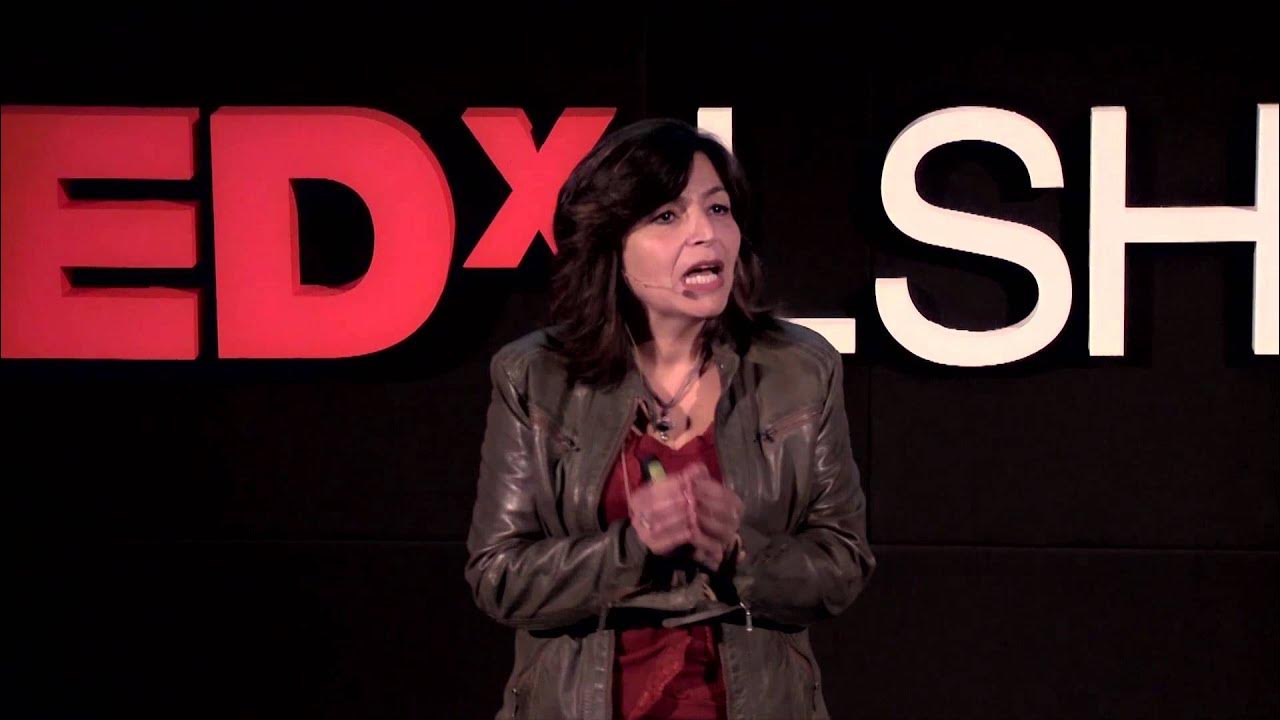An introduction to English Linguistics
Summary
TLDRThis video introduces the field of linguistics, exploring the consensus among linguists on seven key points: language's uniqueness to humans, its systematic nature governed by rules, creativity allowing infinite expression, its social role in shaping identity and communities, constant evolution, genetic relationships among languages, and the absence of 'primitive' languages. The video also touches on the contrast between human language and animal communication, hinting at upcoming discussions on these differences.
Takeaways
- 😀 Linguistics is the scientific study of language, encompassing the knowledge researchers have about how language works.
- 🌟 Language is a unique human trait; all humans possess language, and every human society uses it for communication.
- 🧠 Certain parts of the human brain are dedicated to processing and producing language, which is evident from studies on stroke patients.
- 🐦 Despite animals like Alex the parrot showing remarkable abilities, their communication systems are fundamentally different from human language.
- 🔄 Language is a systematic construct with rules governing the formation of syllables, words, and sentences, known as grammar.
- 🎨 Language is inherently creative, allowing for the infinite creation of new expressions from a finite set of elements and rules.
- 🤝 Language is deeply social, varying with region, speaker identity, and situation, and it plays a crucial role in defining communities and shaping identity.
- 🌐 Languages are in a constant state of change, with historical shifts such as the Great Vowel Shift illustrating how languages evolve over time.
- 🌳 Languages have genetic relationships, branching out from common ancestors, and while some languages die out, new ones can also emerge.
- 🏺 The notion of 'primitive' languages is a myth; all known human languages are fully developed and complex, contrary to some simplified theories.
Q & A
What is the primary focus of linguistics?
-Linguistics is the scientific study of language, encompassing the knowledge researchers have about its structure, development, and use.
Why is language considered uniquely human?
-Language is considered uniquely human because it is a complex system of communication that only humans possess and use, and it is present in every human society and culture.
How does the human brain contribute to the uniqueness of language?
-Certain parts of the human brain are responsible for processing and producing language, which is evident from the language breakdowns observed in stroke patients with brain damage.
What is an example of a subconscious linguistic rule that speakers of English follow?
-A subconscious linguistic rule in English is the pluralization of words, where the plural form is determined by the sound of the word, as demonstrated by the made-up words 'wug', 'gutch', and 'niz'.
How does language demonstrate creativity?
-Language demonstrates creativity through the ability to create an infinite number of new expressions using a finite set of words and rules, allowing for the expression of original thoughts and ideas.
What is the social aspect of language?
-Language is social because it is used for communication and varies according to the region, speaker identity, and situation. It also plays a role in defining communities and shaping identities.
Why do people often perceive language to be deteriorating?
-People perceive language as deteriorating because they are often unaware of the natural state of change that languages undergo, and they may resist or dislike changes from the language they are accustomed to.
How are languages related to each other?
-Languages are related to each other through genetic relationships, sharing common ancestors, and evolving from ancestral languages over time.
What is the 'equal complexity hypothesis' in linguistics?
-The 'equal complexity hypothesis' suggests that if a language is simple in one aspect of its grammar, such as word endings, it tends to be complex in another aspect, like word order, to maintain a balance of complexity.
Why do linguists argue that there are no primitive languages?
-Linguists argue that there are no primitive languages because all known languages are fully developed and complex, with some possibly being more complex than others, and they all serve the communication needs of their speakers effectively.
Outlines

This section is available to paid users only. Please upgrade to access this part.
Upgrade NowMindmap

This section is available to paid users only. Please upgrade to access this part.
Upgrade NowKeywords

This section is available to paid users only. Please upgrade to access this part.
Upgrade NowHighlights

This section is available to paid users only. Please upgrade to access this part.
Upgrade NowTranscripts

This section is available to paid users only. Please upgrade to access this part.
Upgrade NowBrowse More Related Video

The Nature of Language — David Adger / Serious Science

LIN101 - The Study of Language

(Lecture-2) What is Linguistics? Language as Complex Knowledge, Linguistics as Knowledge System

Behavioral Psychology And Structural Linguistics

Language Change and Historical Linguistics: Crash Course Linguistics #13

Endangered languages: why it matters | Mandana Seyfeddinipur | TEDxLSHTM
5.0 / 5 (0 votes)